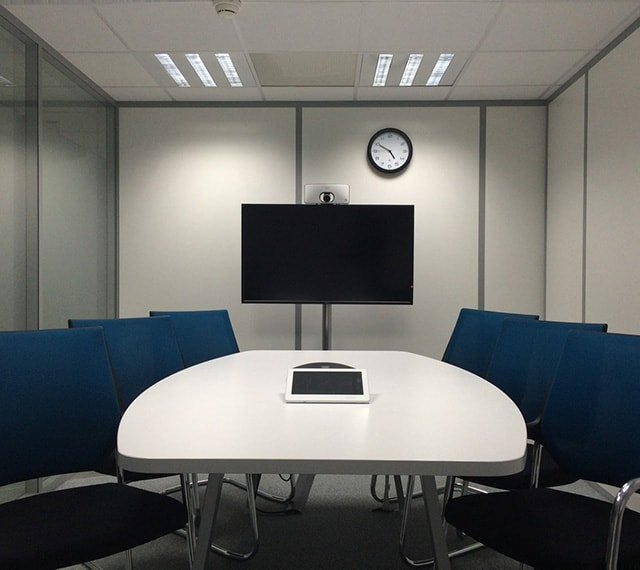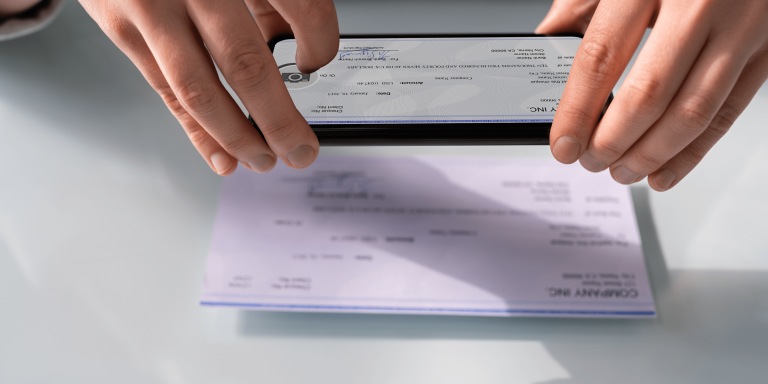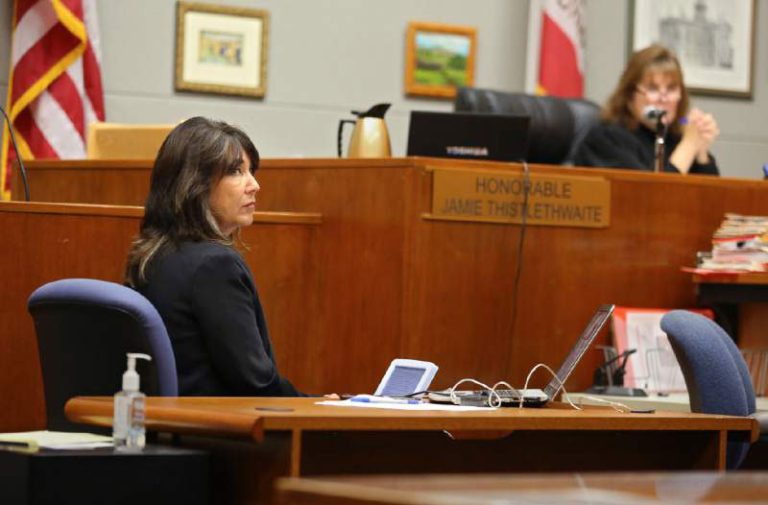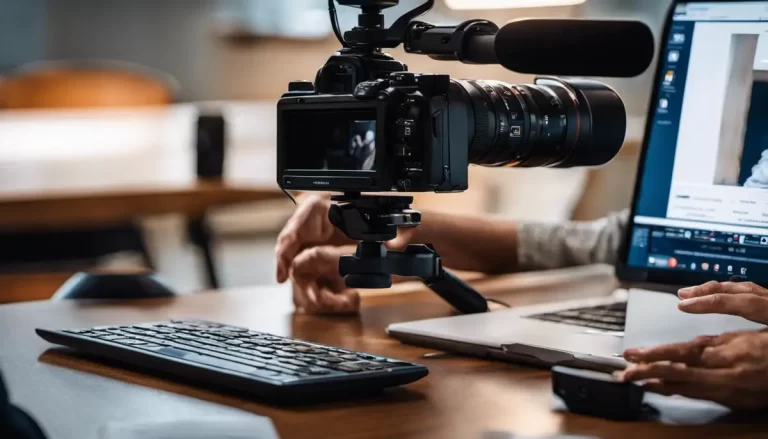Digital technology has changed everything from communication to business. Court reporting, especially depositions, has changed. Digital technology has transformed court reporting, and this blog post will discuss its benefits for legal professionals and their clients.
Traditional Methods of Court Reporting
Court reporting used to rely on manual means to accurately record proceedings. Traditional court reporters used stenographic equipment and shorthand writing to transcribe every word spoken in the courtroom or deposition room.
The court reporter listened closely and recorded each speaker’s words phonetically using steno machine symbols. This method needs advanced training and precision. The court reporter would evaluate their notes and transcribe them into a legal document after the session. Depending on the duration of the procedure, transcription could take hours or days.
Traditional methods have their drawbacks but served their purpose for years. Manual transcription always risked human mistakes. It may also take time to find specific information in transcripts.
Despite these obstacles, court reporters were crucial to judicial process accuracy. Attorneys and judges benefited from their fast and accurate speech capture.
Recent advances in digital technology have led to more different types of court reporting. Digital deposition capture tools have changed this industry by attempting to improve accuracy, accessibility, and ease.

The Impact of Digital Technology on Court Reporting
Digital technology has transformed several businesses, including court reporting. The use of digital tools has made operations more efficient and streamlined.
Real-time deposition capture and transcription are a major impact of digital technology on court reporting. No longer must court reporters use shorthand or type notes, if they so choose. Lawyers can now instantly transcribe depositions with advanced software, although there is still a concern about accuracy.
Deposition records are easier to store and access thanks to digital technology. No longer must court reporters carry bundles of paper transcripts. Instead, everything can be stored digitally for anytime access.
Digital technology also allows video conferencing for depositions. This allows attorneys to attend depositions worldwide without traveling.
Possible Benefits of Digital Court Reporting for Depositions
Attorneys use depositions to acquire witness testimony and evidence. These depositions are transcribed by court reporters using shorthand or stenographic machines. Digital technology has transformed court reporting.
Digital court reporting for depositions is meant to boost efficiency. Case parties can readily share and access digital recordings remotely. This removes paper copies and can speed up communication and collaboration among attorneys, paralegals, and other stakeholders.
Improved precision can be another benefit. Timestamping, audio augmentation, and voice recognition software help ensure accurate transcription in digital technologies. These features can help accurately record every deposition word.
Digital court reporting is cheaper than traditional techniques. Transcript printing, storage, and shipping are cheaper with digital files.
Challenges and Limitations
Digital technology has transformed court reporting, but it has drawbacks. Technical issues during depositions are a major issue. Like any other electrical device, computers and recording devices can malfunction and disrupt proceedings.
Data privacy and security are another issue. With sensitive data stored online, unwanted access or hacking is always possible. To keep confidential information safe, court reporters must take precautions.
Transitioning from traditional to digital court reporting may require some legal practitioners to learn. New digital reporting software or devices may take time to learn, slowing the process.
The Future of Court Reporting in the Digital Age
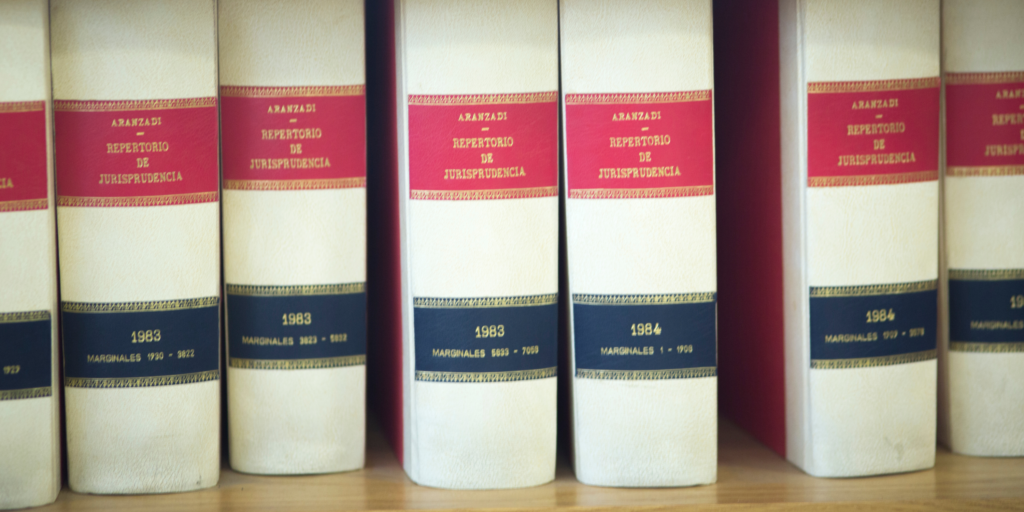
As we embrace digital technology, court reporting’s future may be bright. AI-powered transcription tools, real-time remote reporting, and improved audio and video recording equipment are changing the field.
Artificial intelligence for deposition transcription has significant potential. AI systems can quickly analyze audio recordings and provide transcripts.
Real-time remote reporting is another trend. With advances in video conferencing, court reporters can attend depositions remotely and provide transcription. This gives lawyers more freedom and convenience as they no longer need to attend every proceeding physically.






